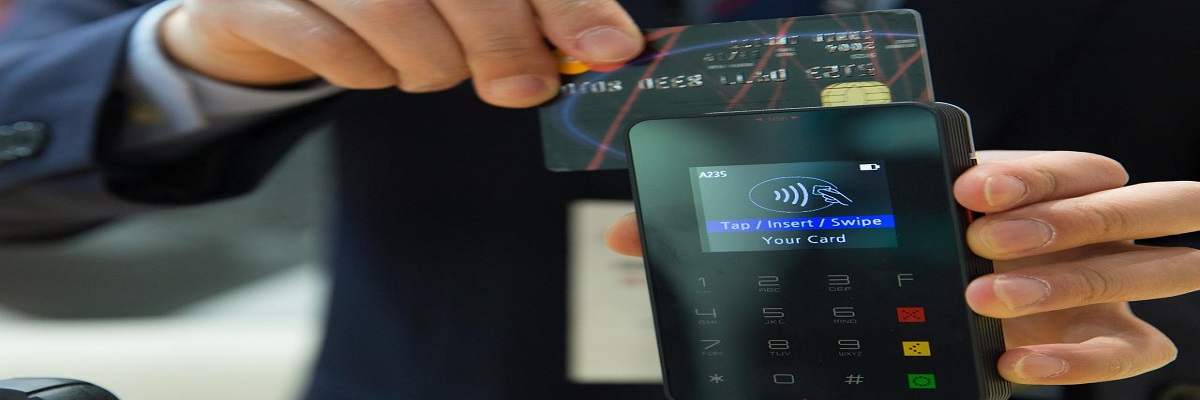Call: 888-297-6203
Before filing for bankruptcy, it is important to learn a few things about it. Individuals filing for bankruptcy get a discharge order which removes their personal liability for certain debts. Once a debt is discharged, the creditor cannot indulge in collection actions for the same. However, if the debt is secured by a lien, the creditor can recover the property secured by it. Unfortunately, not all debts are discharged in bankruptcy.
The discharge timing depends on the chapter of bankruptcy. Usually, in the case of chapter 7, the discharge is granted around 3-6 months of petition filing. In the case of chapters 11, 12, and 13, the discharge is granted once the debtor completes their repayment plan. This usually takes around 3-5 years. It is mandatory to undertake financial management courses once you file for bankruptcy. Without this completion certificate, a discharge is not granted. Exceptions are available only if the debtor is disabled, injured, or on active military duty in a combat zone.
Which debts are discharged?
Unless a creditor objects to any debt, all nonpriority unsecured debts are discharged in bankruptcy. The debts exempted from discharge under chapters 7, 11, and 12 include some tax claims, government penalties, fines, government-funded educational loans, spouse and child support, debts caused by personal injury, malicious intent, and debts not listed in the bankruptcy schedules. In the case of chapter 13, debts arising due to property settlement in divorce, incurred due to willful injury to property, and to pay non-dischargeable taxes can also be discharged. Usually, completing the repayment plan is important to get bankruptcy discharge in chapter 13. However, you can request a hardship discharge if your financial situation is no longer favorable. The bankruptcy court clerk mails a copy of the discharge order to the creditors, the U.S. trustee, the debtor, and their attorney. Once the discharge order is issued, the creditors cannot pursue the debtor for debt collection.
When can a discharge be denied?
Failing to provide relevant tax-related documents, inability to complete the personal financial management course, and trying to hide property to prevent paying creditors are some of the reasons why a bankruptcy case may be dismissed without a discharge. Other reasons include perjury, concealing records, violation of court order, etc.
The timing of the discharge is also important. A debtor who has received a chapter 7 or chapter 11 discharge will be denied a discharge within eight years of filing the second chapter 7 bankruptcy petition. If the debtor had received a chapter 12 or chapter 13 discharge in a case filed within six years, they would not get a chapter 7 discharge unless all allowed unsecured claims were paid in full, or the debtor had made up to 70% payments of their repayment plan.
If a debtor had received a prior discharge in chapters 7, 11, or 12 bankruptcy, four years before filing the current chapter 13 case, they will not get a discharge. The discharge will also be denied if they had previously received a discharge in a chapter 13 case two years back. It is also important to note that if fraudulent means were used, the court could revoke the discharge.
Although getting a bankruptcy discharge absolves you of all commitments, you can voluntarily pay for a discharged debt. However, the creditor cannot attempt to collect a discharged debt after the case’s conclusion. Moreover, your employer cannot discriminate against you due to your bankruptcy filing. If any of these events occur, you can consult a bankruptcy attorney. Call 888-297-6203 to discuss your options for bankruptcy filing with experienced bankruptcy lawyers in Dallas.

